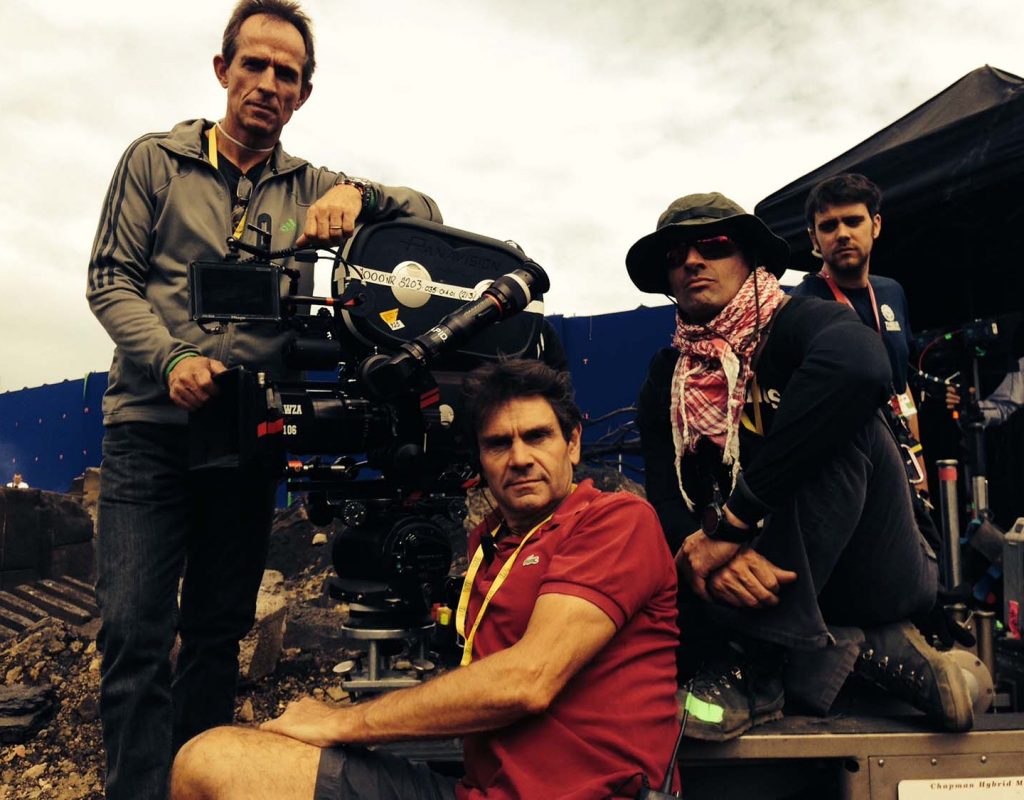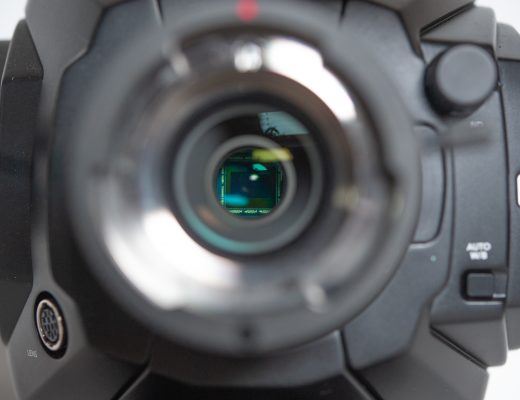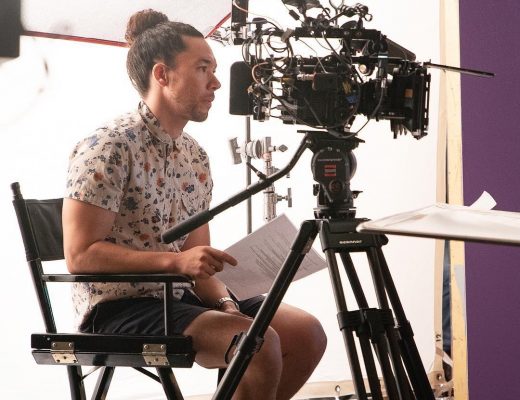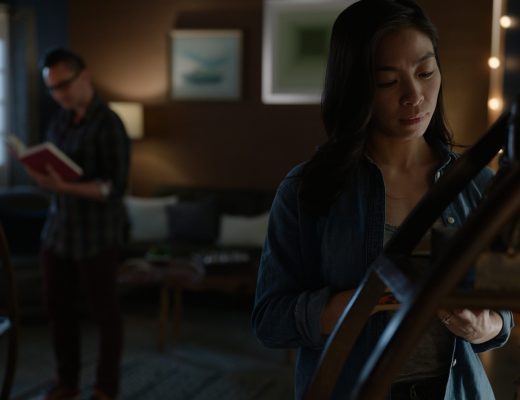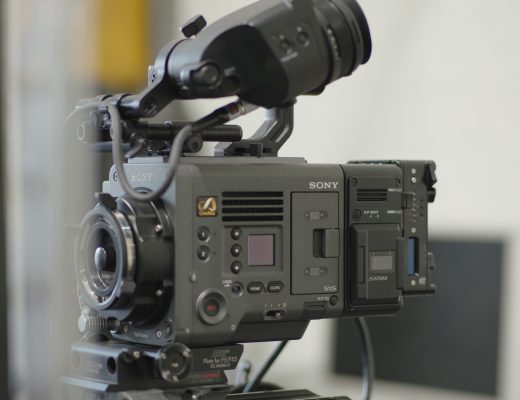John McCain’s campaign has experienced first hand how much the burden of fair-use proof lies on the shoulders of the general public in today’s post-Digital Millennium Copyright Act (DMCA) world. Several of their viral videos that included remixes of music and video clips were pulled by Youtube automated software for copyright claims under the DMCA. In most of these cases, the videos ARE allowed under Fair Use, but that requires complaining and getting in line to be re-reviewed. Not surprisingly, the campaign has written a formal letter to Youtube, requesting an exemption from the accepted procedure and specifically suggesting human review of uploads from politicians. This is the same campaign that has received several (legally-toothless) cease-and-desist letters from recording artists. As a side note, the cease letter from “Heart” was rather humorous (warning, NSFW language). But I digress. Anyway, CNET writer Christopher Soghoian takes issue with the McCain campaign approach to this issue, suggesting that unless politicians suffer with the masses, the incentive for change will never gain footing. Here’s an excerpt…
“…instead of calling for an overhaul of the much hated law, McCain is calling for VIP treatment for the remixes made by political campaigns. McCain’s proposal: complaints about videos uploaded by a political campaign would be manually reviewed by a human YouTube employee before any possible removal of the remix. The process for complaints against videos uploaded by millions of other Americans would stay the same: instant removal by a computer program, and then possible reinstatement a week or two later after the video sharing site has received and manually processed a formal counter-notice.”
“The minute a special set of rules are made for those in Congress, the incentive to fix the system will disappear. To drive this point home, consider the following:
During the confirmation hearings for Judge Robert Bork, the Washington City Paper obtained a copy of the Republican nominee’s video rental records. Alarmed at the possibility that their own rental histories would be revealed by the press, members of Congress jumped to pass comprehensive privacy legislation for the video rental records of all Americans. Up until the Bork fiasco, there had been no real incentive to fix anything, but once the risk to their own records was made clear, Congress acted. As a result, we are now all protected by the 1988 Video Privacy Protection Act.”
He goes on to cite how special TSA rules for politicians have stalemated improvements to current consumer-unfriendly air travel security procedures.
I’d like to be clear, I am not anti-copyright. As someone who creates content, I depend on copyright measures to protect my own work. However, there are clearly major areas of copyright law, and specifically the draconian DMCA, that need reform. In this sense, I agree with Soghoian; creating special exemptions won’t improve the situation for you and I, it will only serve to make the problems less visible and less inconvenient for those who make and influence laws in this fine nation.
As with any issue, if you feel strongly one way or the other about copyright law, I encourage you to put pressure on your elected representatives. Call your local Congressman and Senator offices, ask about their position and have a discussion. Call back in a few weeks and do it again. They need to hear from you. Major studios and lobbying organizations are doing this all the time, your voice should be heard as well.

Filmtools
Filmmakers go-to destination for pre-production, production & post production equipment!
Shop Now